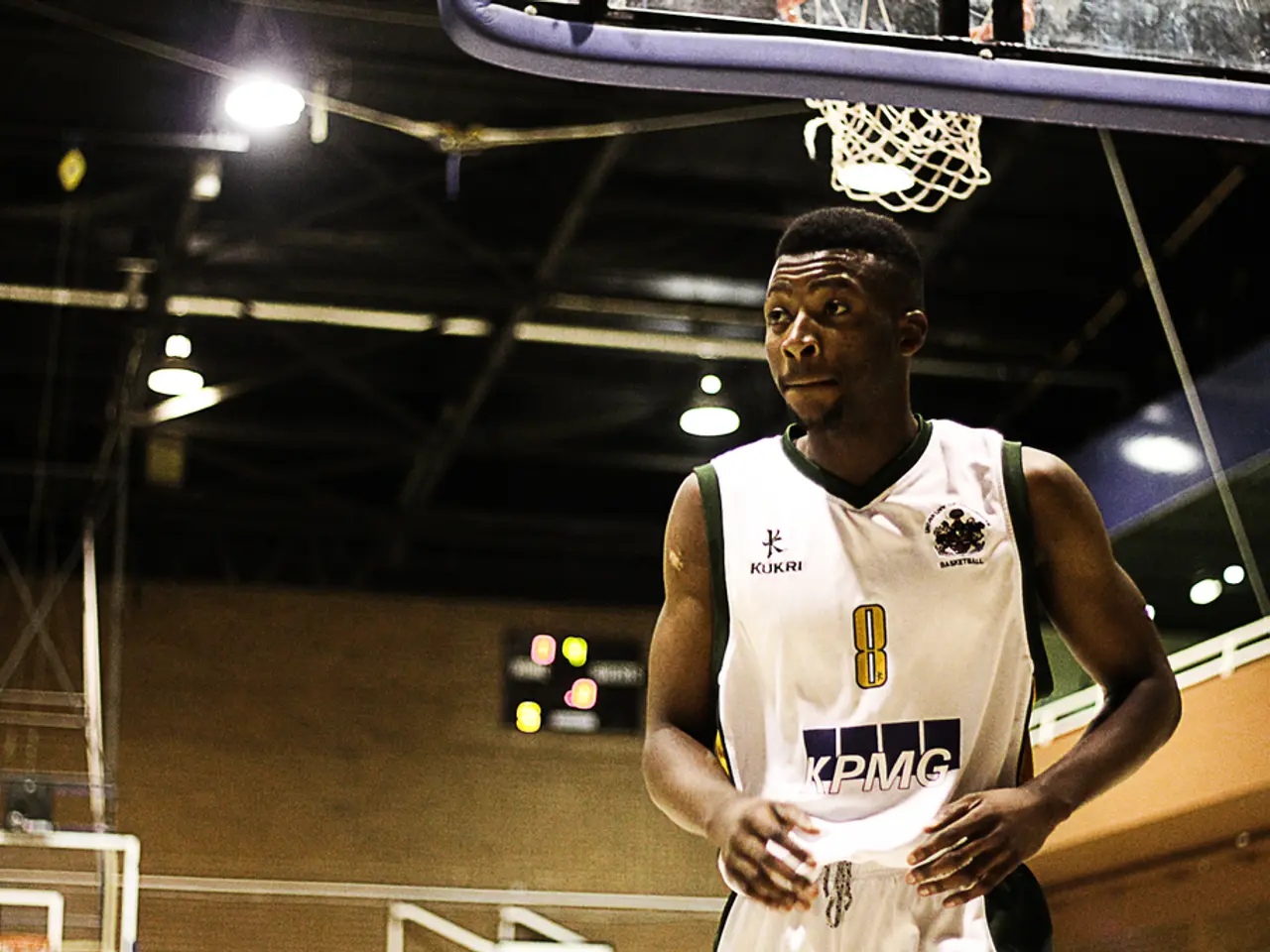College Sports Regulation Changes via Trump's Executive Order Seem Unlikely to Have a Significant Impact
President Donald Trump has issued an executive order aimed at addressing the evolving landscape of college athletics. Titled "Saving College Sports", the order seeks to regulate the industry by targeting third-party pay-for-play deals, protecting women’s and non-revenue sports, and preserving scholarships and opportunities for student-athletes.
The order enlists federal agencies to support the NCAA and its member institutions in antitrust litigation, aiming to prevent destabilizing pay-for-play practices by third parties that could create an oligarchy favoring wealthier programs. It also instructs the Department of Labor and National Labor Relations Board (NLRB) to analyze whether student-athletes are employees, a crucial step that could entitle them to labor protections and compensation beyond scholarships.
One of the key impacts of the order is the reinforcement of the preservation of the NCAA's traditional college sports model. The order bans third-party pay-for-play deals, while allowing athletes to profit from their own name, image, and likeness (NIL) deals under regulated conditions. This seeks to curb chaotic and unregulated compensation schemes that have disrupted parity.
The order also mandates expanding support for non-revenue sports and women’s athletics to counterbalance scholarship and resource allocation skewed towards football and basketball programs. However, it's important to note that the order does not create new laws; congressional action would be necessary for statutory changes.
While the immediate legal impact of the order is limited, it adds pressure on institutions and agencies to act within these guidelines. The order's ultimate enforceability depends on federal agency actions and potential future legislation.
It's worth mentioning that a college or conference voluntarily recognizing athletes as employees has not happened, in part because it would violate NCAA rules. Preemption of conflicting state employment laws by federal action is not automatic and would be subject to litigation.
The order adopts the viewpoint that big-time college sports has become an unworkable, volatile, and overly litigious framework. It aims to stabilize the business and law of college sports, ensuring that student-athletes are different from professional employees and that there are limits on how many seasons student-athletes can play.
However, the order is aspirational and refrains from enunciating policy positions on specific matters such as antitrust scrutiny and the employment status of college athletes. President Trump might want the NCAA, conferences, and colleges to be exempt from antitrust scrutiny or to receive deferential treatment, but the president and his agencies cannot change the language of the Sherman Act.
In summary, the Trump executive order introduces a significant federal policy stance promoting fairness, balance, and sustainability in college sports. However, its immediate enforceability depends on federal agency actions and potential future legislation.
- The Department of Labor and National Labor Relations Board (NLRB) have been instructed by the executive order to analyze whether student-athletes are employees, a critical step that could potentially provide them with labor protections and compensation beyond scholarships.
- The executive order also support the NCAA and its member institutions in antitrust litigation, aiming to prevent destabilizing pay-for-play practices by third parties that could lead to an oligarchy favoring wealthier programs.
- Expanding support for non-revenue sports and women’s athletics is one of the key targets of the order, as it seeks to counterbalance scholarship and resource allocation that is currently skewed towards football and basketball programs.




